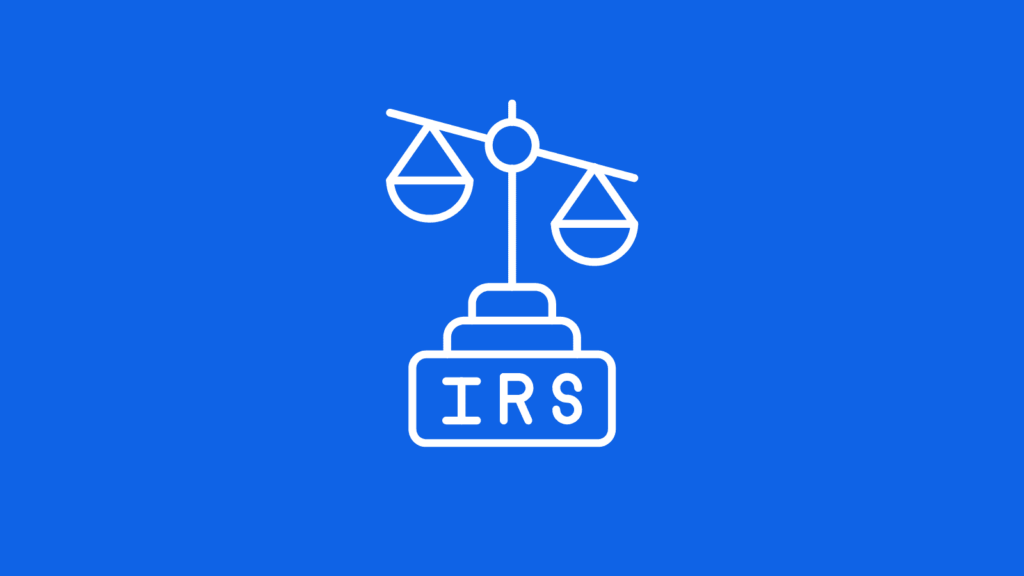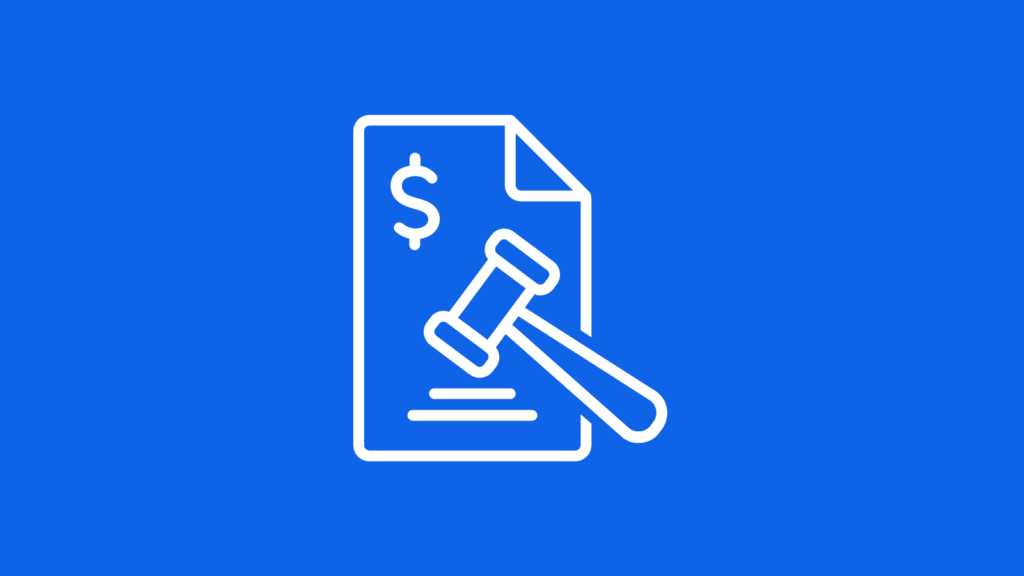All About IRS: Tax Filing and Audit
November 15, 2022

peakreliance
Accounting, Bookkeeping, CPA
What is IRS?
The Internal Revenue Service also famously known as the IRS is a bureau of the US Department of Treasury. The IRS is responsible for collecting tax revenue and assessing finances for companies operating in the US.
The IRS has gone through several reorganization and modernization changes, over the years since it’s foundation back in 1862, during this time it was renamed and experienced a change in authority by being placed under the Department of Treasury, USA.
IRS is very clear in its mission. The bureau’s work is to “Provide America’s taxpayers top-quality service by helping them understand and meet their tax responsibilities and enforce the law with integrity and fairness to all.”
What does IRS do?
IRS aims to carry out the tax laws in the US. It evaluates and collects taxes, assists taxpayers understand and meet their tax responsibilities and helps implements tax law to ensure everyone pays what they rightfully owe the state.
The IRS executes three main functions:
- Administer tax laws
- Process tax returns and collect revenue
- Taxpayer service
- Tax law enforcement
Collecting taxes
One of the most significant responsibilities of the IRS is to assess and collect taxes on behalf of the government. The sum consists of income taxes, employment taxes, business income taxes, excise taxes and estate and gift taxes etc.
Along with the timely collection of taxes, they are also in authority for issuing tax refunds, which an individual or business can collect as a result of the overpayment of the due tax amount.
Providing services to taxpayers
Another central responsibility of the IRS is providing services to taxpayers in the form of guidance and help regarding tax laws and legal matters. These services can be availed through the IRS website, its telephone helplines, IRS Taxpayer Assistance Centers and volunteer tax assistance.
Enforcing tax laws
A final responsibility of the IRS is the implementation of tax laws. The IRS identifies and pursues those who have underpaid/not paid their taxes, whether as a result of a calculation error or deliberate criminal activity. These examinations typically take the form of either correspondence or field examinations. They carry out criminal investigations and supervise tax-exempt organizations and qualified retirement plans. It is the responsibility and accountability of the IRS to ensure all companies and individuals pay their fair share on time and accurately.
The IRS and Audit
As part of its tax law implementation mission, the IRS audits a hand-picked portion of income tax returns each year. In the fiscal year 2020, the agency audited 509,917 tax returns.
The reasons for an IRS audit vary according to some factors which may also increase the chances of examination for some companies. The chief amongst these is higher income levels. Other factors that may prove to be red flags for an audit include; not declaring the right and accurate amount of income, claiming a higher-than-normal number of business-related deductions, making excessively hefty charitable donations compared to income, and claiming rental real estate losses. However, no single factor determines who does or does not face an IRS audit each year.
The IRS and Taxes
Companies can pay their due taxes to the IRS through the following ways:
- An electronic funds transfer from your bank account
- A debit/credit card
- A same-day bank wire or
- An electronic funds withdrawal at the time of e-filing your return.
There are other payment options available as well for businesses and individuals who cannot mare electronic payments. They can pay through:
- A personal check
- A cashier’s check, or
- A money order in the name of the US Treasury.
However, they need to be sure that it contains the following information:
- Company’s name and address
- Phone number
- Social Security number (where applicable)
- Employer identification number (where applicable)
- Tax year
- Related tax form or notice number
Businesses can even pay in cash if they wish however, with each payment method all terms and conditions must be followed to avoid any future problems or delays as this is a sensitive legal matter.
Out of all of these options, the best and most efficient, quick and safe way is to use on of the electronic payment methods to clear the payment.
Do we really need IRS?
IRS claims to be one of the worlds most efficient tax administrators. The taxes that they collect are used to fund public utilities like national defense, aid for veterans, Social Security, medical care services, foreign affairs, community development and other services that the government provides.
IRS performs an important function for the US government, keeping all organizations, companies and business individuals in line with the tax laws. The bureau collects the necessary funds that the state needs to provide public services to its inhabitants and makes the functions of the entire federal government possible.
Post Tags :
Accounting, Audit, Bookkeeper, Bookkeping, cpa, IRS, Online CPA, Tax Deductions, Tax filing, Taxes
About Us
Empowering small businesses and individuals with efficient and reliable bookkeeping & tax services.



